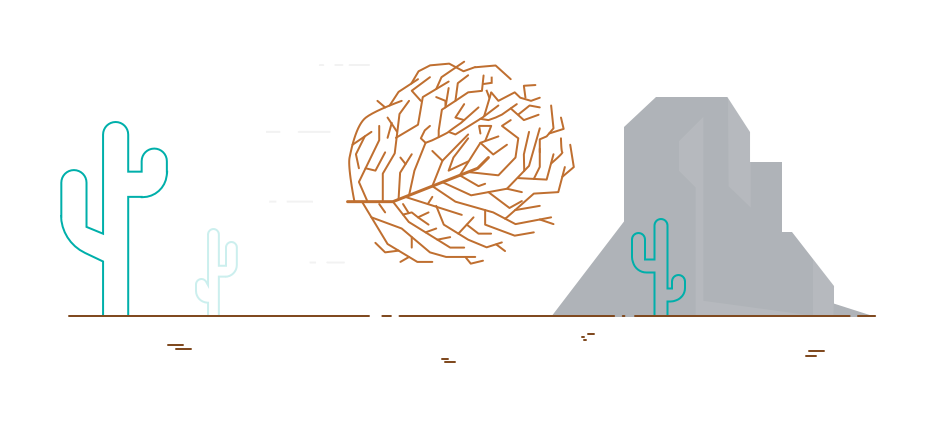alugha goes podcasts
Thanks to alugha, it is now possible to listen to podcasts, to enregister them as well as to trancribe and to multilingualise them
Podcasts enjoy great popularity. However, you still don't find transcripts for them that often. But why do you actually need a podcast transcript? And how do I create one?
Read this article in: Deutsch, English, Español, Русский, العربية
Estimated reading time:2minutesThey are still rare, but they do exist: podcast transcripts. Some podcasters may moan: "Transcripts are super time-consuming! Or even: "Another tool that I have to download. Surely that's going to be expensive." You might also ask yourself why you need a transcript at all. After all, a podcast is something for the ears.
Transcripts can be quickly cross-read. In this way, listeners can more quickly determine whether the podcast interests them or not.
It is not always the right time for a purely auditory medium. A transcript can be a good add-on to continue enjoying the podcast.
A transcript can support listening. If a section is not understood, one does not have to rewind, but can simply read it.
There are about 430 million people in the world with hearing disabilities. All of them are excluded from the concept of podcasts. Yet podcasts have enormous potential thanks to their special content. To include these people, a transcript is essential.
The reasons for a transcript should now be clear. There are various possibilities for its creation.
Ideally, you listen to your spoken podcast sentence by sentence and transcribe it sentence by sentence. The good thing is: this technique is not particularly error-prone, but it is a huge amount of extra work.
I know this a bit when I was at university. Although this was not about podcasts, but about voice recordings for research purposes, the principle was the same: Researchers hired helpers to transcribe their voice recordings so that they could be relieved of some of the work. And so, in the process outlined above, the assistants transcribed the conversations. This is of course how you can do it with the podcast. It just becomes quite expensive.
There are now numerous programmes on the market that transcribe the spoken word using artificial intelligence at various conditions. This hardly means any additional work, but it is prone to errors. Therefore, the transcript must be corrected. However, this can be done quickly. With alugha, the AI also learns in this way and the next transcript is already less faulty.
The speech-to-text transcription at alugha is already very good. Punctuation marks are correctly placed in the text and touching up the transcript is not time-consuming.
The podcast can also be translated and transcripts and text-to-speech files in many different languages can be inserted with just a few clicks.
In addition, the transcript can be edited together with others.
The individual voices in the podcast are transcribed separately.
The transcript can also be downloaded as WebVTT, SRT or Plain Text.
All in one go: With alugha, you don't need to download any additional tools or features. Everything can be done in the browser. The workflow is therefore not interrupted.
Fair prices: alugha offers different user packages for your needs. You can decide how much service you want without paying too much for unnecessary features.
Start your multilingual and transcribed podcast here and now!
#alugha
#everyoneslanguage
#multilingual
Photo: Moses Londo/Pexels

Thanks to alugha, it is now possible to listen to podcasts, to enregister them as well as to trancribe and to multilingualise them
The year 2023 has started and the alugha team wishes you a happy, healthy and successful new year. We also have a tip for you: start your year multilingually!
Here at alugha, we love technology and leveraging it in creative ways for our users to provide unique features and a stellar experience.